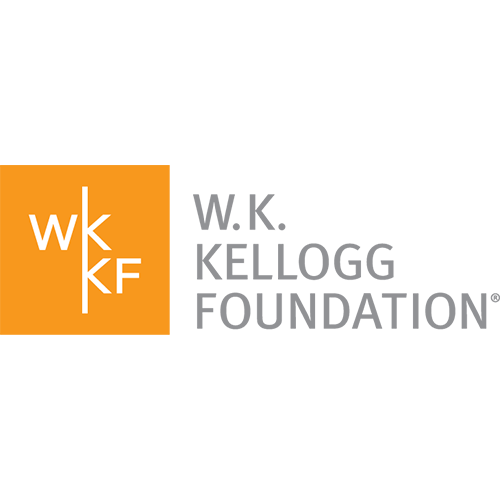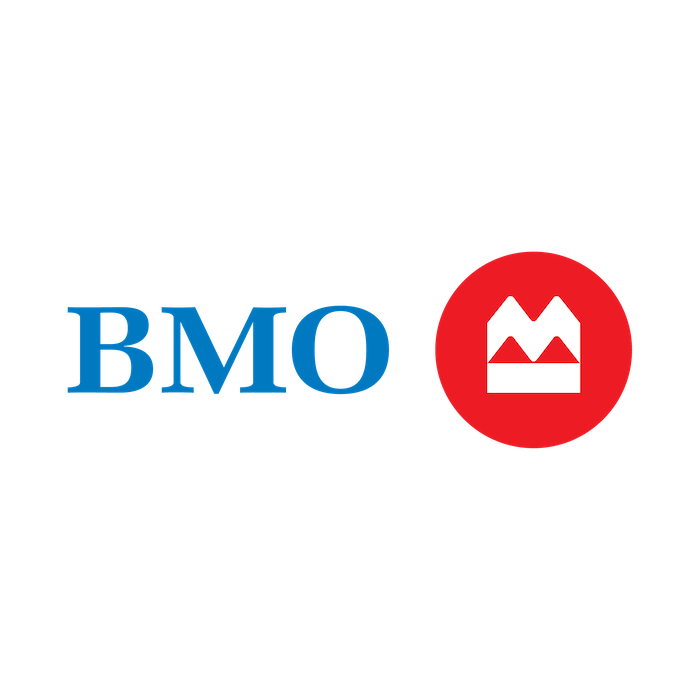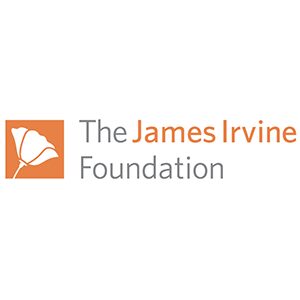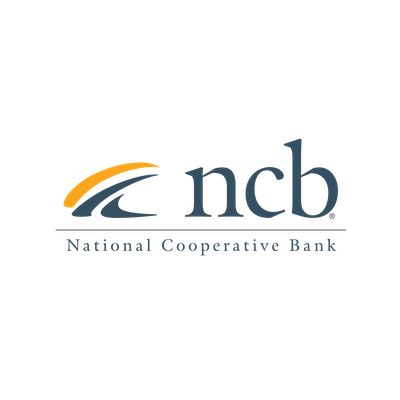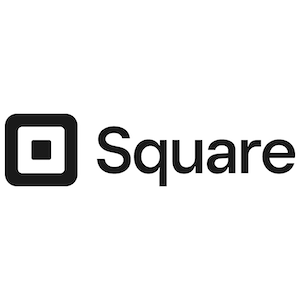Employee Ownership Equity Summit: Business advisor CE track
Los Angeles, CA | May 6-8, 2024
Los Angeles, CA | May 6-8, 2024
Learn about employee ownership and earn both CPE and practice revenues!
Our second annual Employee Ownership Equity Summit is in Los Angeles May 6-8. We will offer a continuing education (CE) track, accredited by the CFP Board and NASBA for CPE for up to 8.0 hours of CE. This “learn and earn” opportunity will help you and your colleagues to spot, educate and refer small business owner clients to appropriate employee ownership models.
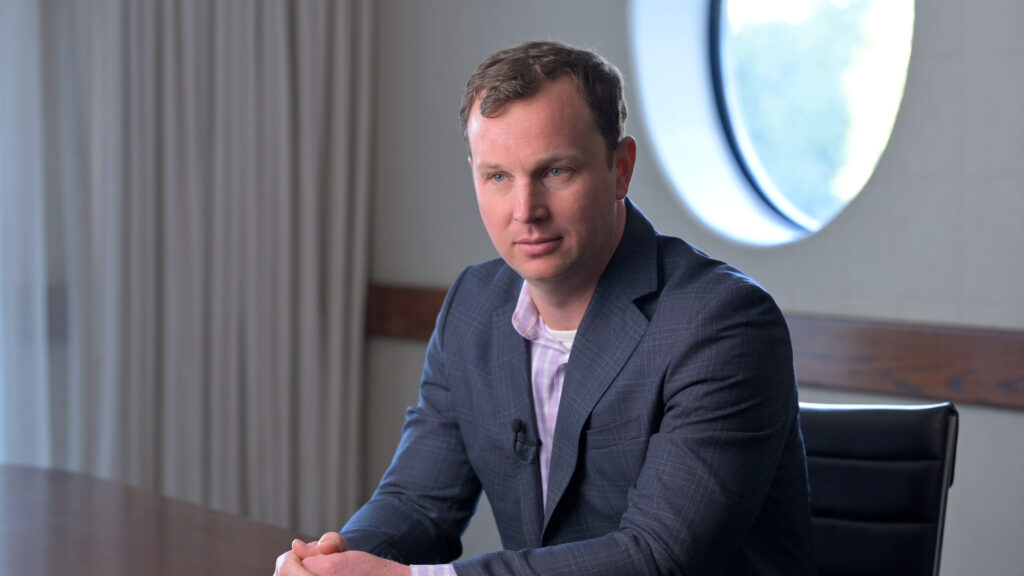
Who should attend?
- Professional advisors who work with small business owners
- Advisors who lead or work on an owner’s team of business succession planning professionals
- Others who are interested in learning more about EO from a service provider perspective.
Learning Objectives
- Learn to differentiate between forms of broad-based employee ownership including ESOPs, worker cooperatives and EOTs.
- Identify features, benefits and challenges associated with employee ownership for a variety of small business owners.
- Recognize and recommend suitable forms of broad-based employee ownership to small business clients when appropriate.
- Strategize how to implement an employee ownership readiness plan aligned to the business’ lifecycle.
Identify and assemble key stakeholders for the deal team and transition.
CPE information
The EO Summit service provider track has been accepted by:
- Certified Financial Planner Board for continuing education credit. Upon successful completion of each of the eight sessions, up to 8.0 CE credit will be granted by CFP Board.
- National Association of State Boards of Accountancy (NASBA) – Project Equity is registered as a sponsor (#166826) of continuing professional education on the National Registry of CPE Sponsors. State boards of accountancy have final authority on the acceptance of individual courses for CPE credit.
- Exit Planning Institute for continuing education credit. Upon successful completion of each of the eight sessions, up to 8.0 CE credit will be granted toward the external continuing education recertification requirement.

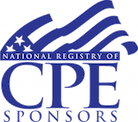
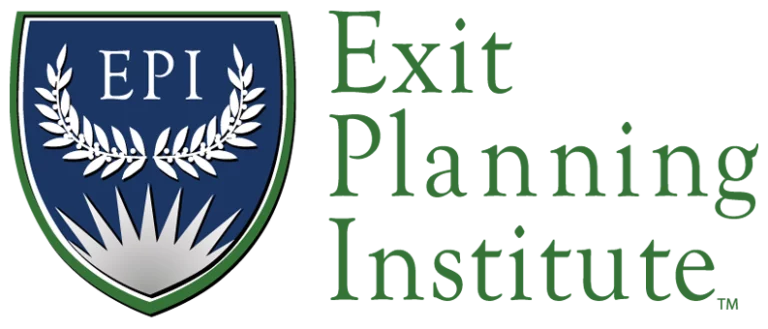
Agenda & speakers
Agenda
4:00pm-6:00pm: Opening reception
8:30am-10:15am: Plenary keynote
10:30am-11:30am: Breakout session 1 – Introduction to employee ownership
At the end of this module, participants will be able to differentiate between different forms of broad-based employee ownership and understand the role of the Certified Employee Ownership Advisor.
- Overview of employee ownership forms: ESOPs, worker cooperatives and EOTs
- Benefits and challenges of employee ownership
- Role of the Certified Employee Ownership Advisor
Presented by:
Alison Lingane, Co-Founder, Project Equity
11:45am-12:45pm: Lunch session
1:00pm-2:00pm: Breakout session 2 – ESOPs – Employee Stock Ownership Plans
At the end of this module, participants will be able to comprehend the structure, purpose, and key features of ESOPs, evaluate the tax advantages and legal considerations associated with them, and analyze the governance and other important details of ESOPs.
- Understanding ESOPs: structure, purpose, and key features
- Tax advantages and legal considerations
- Governance and other key details
Presented by:
Brian Khorsand, President of Khorsand ESOP Advisory
Stacey Smith, VP Programs, Project Equity
2:15pm-3:15pm: Breakout session 3 – Financial analysis and readiness assessment
At the end of this module, participants will be able to assess the potential benefits of employee ownership for their business clients, apply criteria to recommend the most suitable employee ownership form considering costs, timelines, and resources, utilize financial analysis techniques to evaluate debt capacity in employee-owned businesses, measure the impact of employee ownership on company performance, and effectively communicate the financial advantages of employee ownership to clients.
- Evaluating how employee ownership can advance the goals of your business client
- Criteria for recommending the appropriate employee ownership form (costs, timelines, resources)
- Financial debt capacity analysis techniques for employee-owned businesses
- Communicating the financial benefits of employee ownership to clients
Presented by:
Shanda McFadden, President EPI Chicago, CEPA, Financial Advisor, Assistant Vice President, Merrill Lynch
Sulayman Nyang Jr., CEPA, Financial Advisor, Edward Jones
3:30pm-430pm: Breakout session 4 – Financing
At the end of this module, participants will be able to comprehend the lending prerequisites, evaluate the significance of personal guarantees, navigate the submission process, explore various funding sources, and identify the types of financing required for partial or partial onramp to full conversion in employee-owned businesses.
- Lending requirements
- Personal guarantees
- Submission process
- Funding sources
- Types of financing needed for partial or partial onramp to full conversion
Presented by:
Steven Suckow, Director Corporate Advisory, BMO Harris
Stacey Smith, VP Programs, Project Equity
8:30am-9:30am: Plenary keynote
9:45am – 10:45am: Breakout session 5 – Worker cooperatives
At the end of this module, participants will be able to understand the structure, purpose, and key features of worker cooperatives, evaluate the tax advantages and legal considerations specific to them, and analyze the governance and other important details of worker cooperatives.
- Understanding Worker cooperatives: structure, purpose, and key features
- Tax advantages and legal considerations
- Governance and other key details
Presented by:
David Gray, Director, Client Services, Project Equity
Stacey Smith, VP Programs, Project Equity
11:00am – 12:00pm: Breakout session 6- EOTs – Employee Ownership Trusts
At the end of this module, participants will be able to comprehend the structure, purpose, and key features of EOTs, evaluate the tax advantages and legal considerations associated with them, and analyze the governance and other important details of EOTs.
- Understanding EOTs: structure, purpose, and key features
- Tax advantages and legal considerations
- Governance and other key details
Presented by:
Courtney Kemp, Senior Client Services Manager, Project Equity
Stacey Smith, VP Programs, Project Equity
12:15pm-1:15pm: Lunch session
1:30pm-2:30pm: Breakout session 7 – Legal and regulatory considerations
At the end of this module, participants will be able to ensure adherence to compliance and legal obligations concerning employee ownership, navigate the documentation and regulatory filings specific to different employee ownership forms, and establish mechanisms for maintaining ongoing legal compliance in employee-owned businesses.
- Compliance and legal requirements for employee ownership
- Documentation and regulatory filings for different employee ownership forms
- Ensuring ongoing legal compliance for employee-owned businesses
Presented by:
Michael Pasahow, Counsel, Faegre Drinker
Brett Heeger, Founding Partner, Gundzik Gundzik Heeger LLP
2:45pm-4:00pm: Breakout session 8 – Implementation and ongoing support
At the end of this module, participants will be able to create a comprehensive implementation plan for employee ownership, incorporating strategies for investing in education and fostering a supportive organizational culture, effectively communicating the transition process to employees and stakeholders, and providing continuous support and guidance to businesses operating under employee ownership.
- Developing an employee ownership implementation plan, including investment in education and culture
- Communication of the transition process to employees and stakeholders
- Ongoing support and guidance to employee-owned businesses
Presented by:
David Gray, Senior Client Services Manager, Project Equity
Alison Lingane, Co-Founder, Project Equity
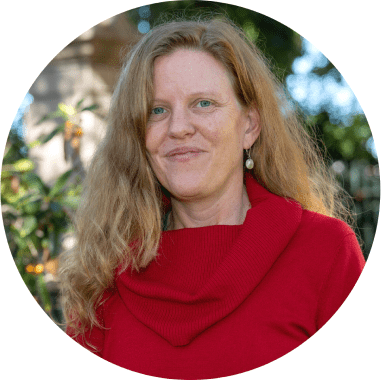
Alison Lingane has dedicated her career to enabling businesses to be a force for good. She started her career in community-based work, designing and leading micro-enterprise programs for urban youth. Inspired to gain skills to bring programs to scale that create real impact, she got her MBA and co-founded what is now the Global Social Venture Competition, the largest international business plan competition for double or triple-bottom-line businesses. Alison is the co-founder of Project Equity
Brian Khorsand, President, Khorsand ESOP Advisory (KEA)
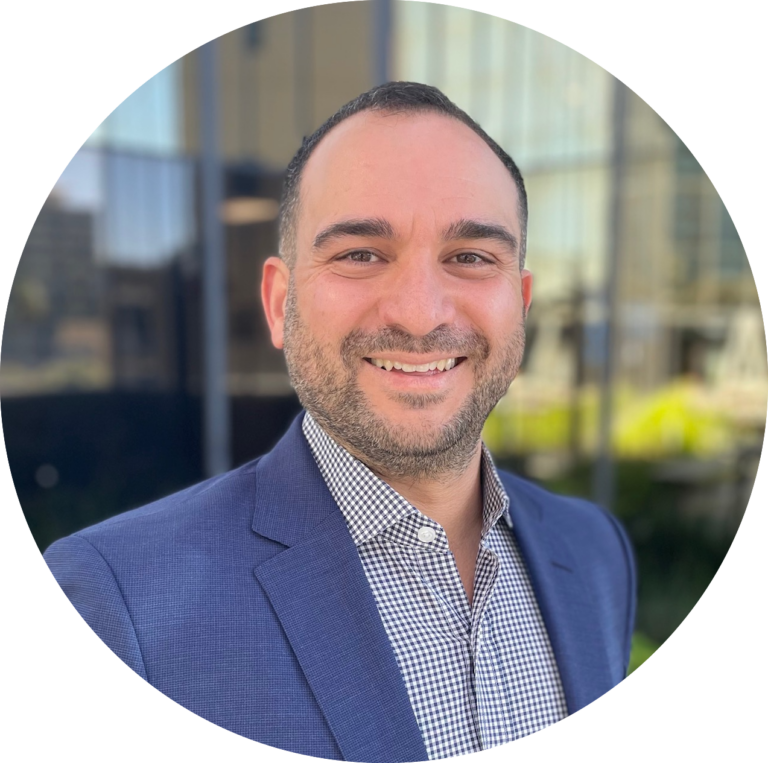
Brian Khorsand is the President of Khorsand ESOP Advisory (KEA) where he advises shareholders, boards of directors, and management teams of employee-owned corporations and organizations exploring ESOP strategies. Brian previously worked on the ESOP Consulting team at Principal Financial Group where he advised clients regarding ESOP issues such as repurchase liability, stock transactions, benefit-level analysis, plan design, sustainability, mature ESOP issues, and communication. Prior to his time at Principal, he was an Employee Ownership Consultant at the Beyster Institute where he advised company owners and leaders on the feasibility, design, and implementation of ESOP transactions.
Stacey Smith, VP Programs, Project Equity
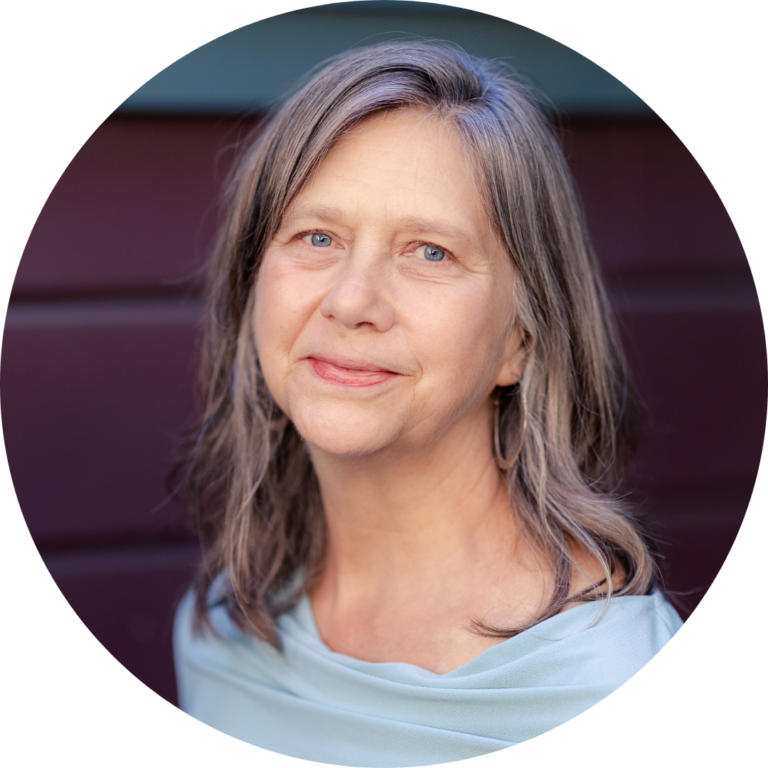
At Project Equity Stacey is helping grow our team of professionals to accelerate the adoption of employee ownership as a key to building wealth and high-quality careers in communities. In addition to having been a licensed CPA, Stacey has a degree in Business Administration from the University of Vermont and has done coursework in International Business Studies at the University of Copenhagen. When she is not working, you can find her hiking the Bay Area hills, indulging in the restaurant scene, and playing with her family.
Sulayman Nyang Jr., CEPA, Financial Advisor, Edward Jones

Sulayman has pursued extensive training in strategic planning in order to assist business owners and non profit institutions with transition planning strategies and executive compensation structures. He holds the Certified Exit Planning Advisor® designation, in addition to an MBA from the Porter Byrum School of Business at Wingate University. Sulayman is also a Master of Entrepreneurship and Innovation Leadership candidate at Western Carolina University.
Steven Suckow, Director Corporate Advisory, BMO Harris

Building on my experience and knowledge of employee ownership, I am working with a team of lending and corporate finance professionals to provide advice and counsel to new and mature ESOPs.
Courtney Kemp, Project Equity
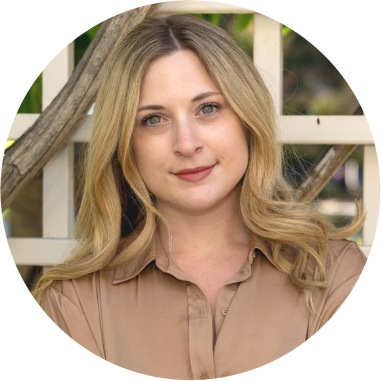
Courtney has experience working with a diverse nonprofit, foundation, and private stakeholders across the urban-rural divide. Her professional imperative is to collaborate with diverse stakeholders to develop, measure, and communicate impact strategies, support positive social, economic, and environmental impact. The majority of her experience lies in collaborating with mission-oriented clients to successfully manage impact programs, including conducting impact analyses and designing impact measurement and management systems; analyzing, tracking, and improving a variety of impact investing portfolios; and working with social enterprises to assess impact, conduct financial due diligence and feasibility assessments, and achieve individual goals. She holds a BA in Applied Political Economics from the University of Arizona, a land-grant university, as well as an MA in Policy and an MBA in Social Finance and Impact Management from Middlebury College.
Michael Pasahow, Counsel, Faegre Drinker

I am a trusted adviser to corporate and fiduciary clients, focusing on employee benefits law and employee stock ownership plan (ESOP) transactions. In particular, ownership transitions and fostering successful employee-owned businesses. I also leverage my decade-plus experience with ESOP administration to assist my clients with qualified plan compliance and correction matters as well as ESOP sustainability.
Brett Heeger, Founding Partner, Gundzik Gundzik Heeger LLP

Corporate and securities attorney focused on community wealth building and social-impact minded businesses, and leader of a law firm operating as a worker-owned cooperative. Strong experience leveraging legal tools to support client goals: from profit and growth to impact and inclusion. Regular presenter and writer on employee ownership matters for both legal and lay audiences.
David Gray, Senior Client Services Manager, Project Equity
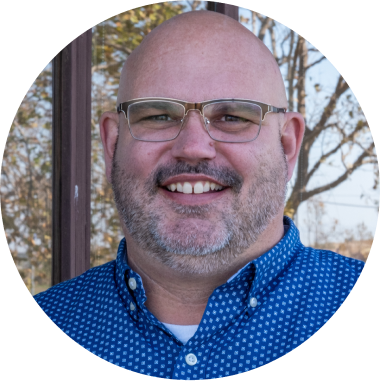
After several years in nonprofit leadership, David started his career as an entrepreneur by opening a fair-trade retail store with Ten Thousand Villages, in Montreal, Canada. He later opened Full Circle Thrift, a boutique second-hand store in Pasadena, CA. Most recently, David led business development for one of Habitat for Humanity’s networks of ReStores in the San Francisco region. David is passionate about addressing the unique issues of businesses in transition. He excels in developing strategic governance plans that support growth and frees up vision holders to maximize their time and energy. With training and experience in conflict mediation, David helps groups have difficult conversations that lead to creative solutions. His observation skills and interpersonal dynamics build trust, develop leadership, and cast a vision for viable new realities. When not working, he loves cooking for his family and planning unique trips to explore new places.
EOES Sponsors
The Employee Ownership Equity Summit 2024 is made possible by the following partners.


